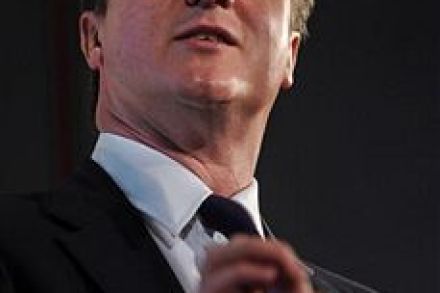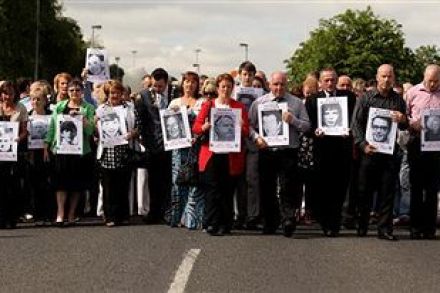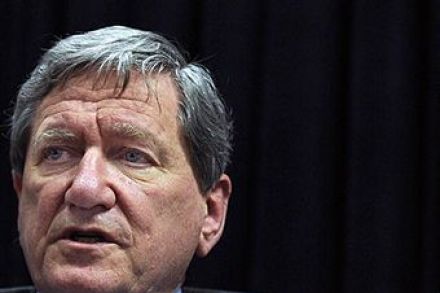Ground Zero Mosque: Another Moment of Truth for the Open Society
A good number of readers – or those readers who left comments* – didn’t much care for my post on the so-called “Ground Zero Mosque”. Revolting [and] symptomatic of the imbecilic scramble to dhimmitude widespread in liberal circles… The Muslim colonists push and the gutless West meekly gives way, as usual… It will be seen in the world for the symbol of what it really is; a victory for resurgent Islam and a defeat for the Christian West…Hopefully this symbol of Islamic supremacism will be strangled at birth. You get the idea. There’s a cultural war wrapped inside a psychodrama here. Or perhaps it’s the other way round. This sense















